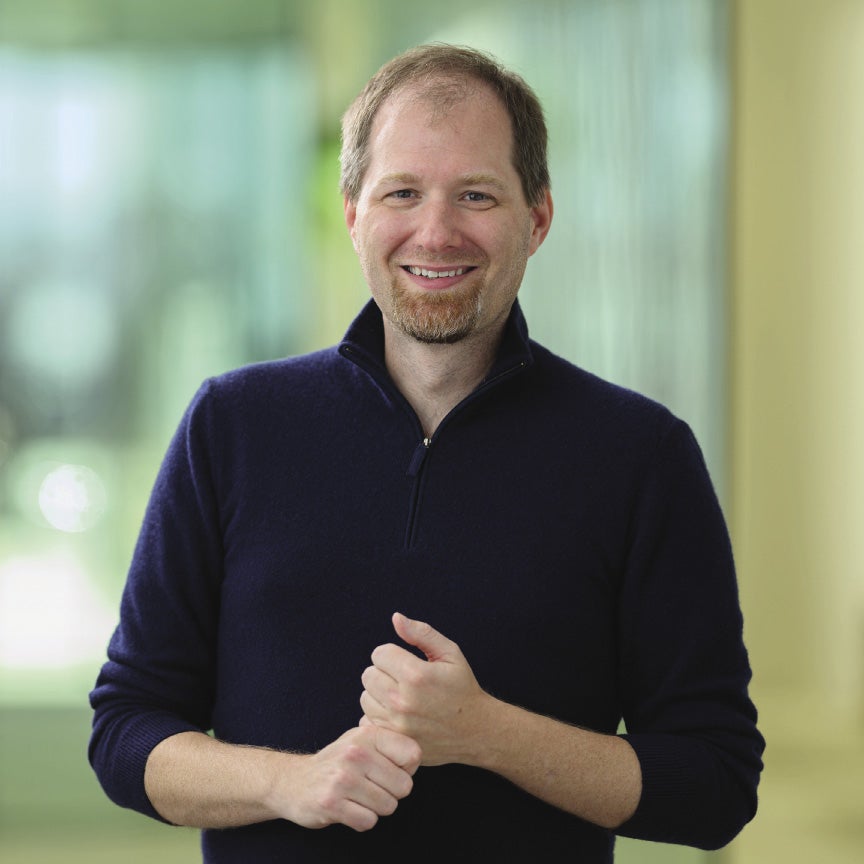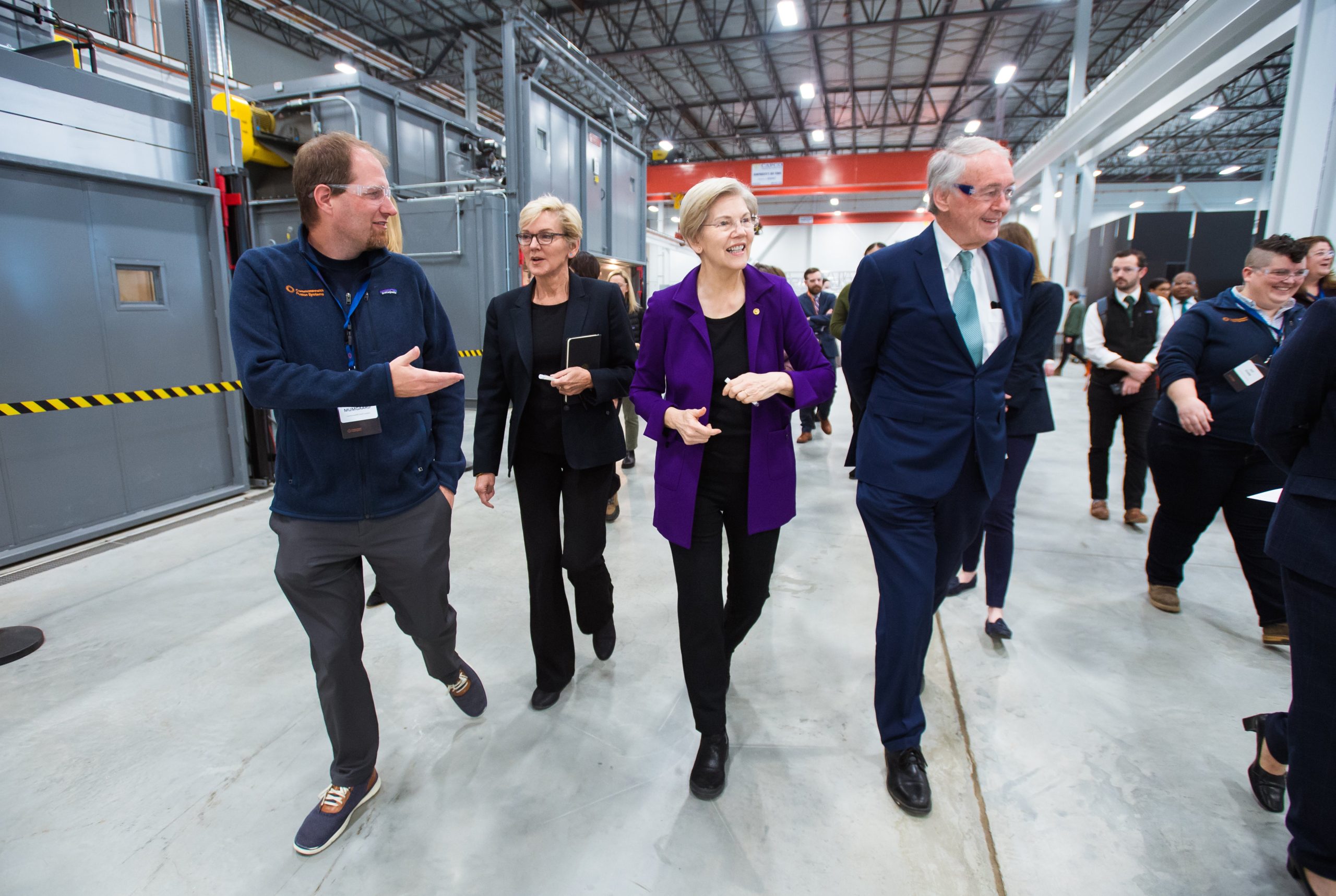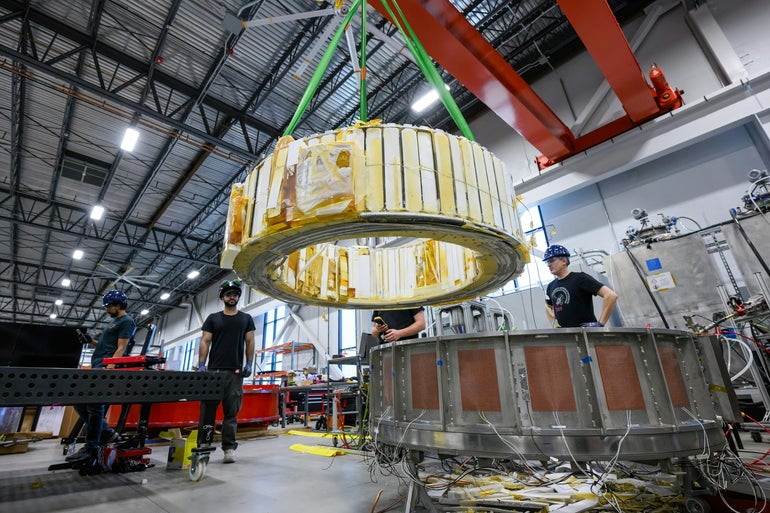Fusion energy has the potential to radically disrupt the energy sector and help in the fight against climate change, the CEO of Devens-based Commonwealth Fusion Systems told an audience at the World Economic Forum in Davos, Switzerland on Wednesday.
Speaking at the global summit, which attracts some of the world’s most prominent business and political leaders, Commonwealth Fusion Systems CEO Bob Mumgaard outlined the promise of fusion energy technology and the role the company played in encouraging the federal government to develop separate regulations for fusion from those governing conventional nuclear fission power plants.

“Five years ago, there was no regulation,” Mumgaard said. “That didn’t stop us. We started to build a plant, and we said we’ll figure it out. Now that regulation is set, and it’s a completely different regulation in the United States than nuclear power. It’s much more innovation-forward.”
In a panel discussion focused on the topic of deploying advanced energy technology faster, Mumgaard said the fact the energy sector is beginning to attract the world’s top talent is an indicator innovative energy technology like fusion is nearing a breakthrough into global relevance.
“The earliest indicator in [the potential of a] technology is where the top talent is going,” Mumgaard said. “When I look at energy, I see energy and innovation is attracting the top talent across all possible technologies. You have people who are leaving landing rockets and going to Mars to say ‘I want to go work on energy.’”
Expressing the potential of fusion in simple terms, Mummgard said the technology’s minimal need for materials when compared to technologies like solar makes it particularly promising in providing cheap and clean energy, fundamentally changing the energy sector in the process.
“If you think about building solar panels, which are great technology, they take a lot of stuff,” he said. “It’s a lot of stuff spread out over a large area. When you think about something like a fission plant or a fusion plant, it’s less stuff, and it’s more conventional stuff. It’s almost an efficiency argument, about the efficiency of the material itself.”
Widely considered to be much safer than nuclear fission power plants, fusion technology does not produce highly radioactive, long-lived nuclear waste like fission tech, nor does it suffer the same risk of meltdowns, according to the International Atomic Energy Agency. Commonwealth Fusion aims to use electromagnetic technology to squeeze plasma composed of hydrogen ions until fusion occurs, producing large amounts of energy without greenhouse gas emissions.
Commonwealth Fusion is planning to open the world’s first grid-scale commercial fusion plant in Virginia as it works on perfecting the technology in Devens.

Mumgaard participated in the panel with other speakers, which included Xin Baoan, chairman of China-based nonprofit Global Energy Interconnection Development and Cooperation Organization, and Sophie Hermans, second deputy prime minister and minister of climate policy of the Netherlands.
Formed in 1971, the World Economic Forum’s annual meeting is organized by a Swiss non-government organization sharing its name with the event and convening global leaders to address key challenges impacting the planet, according to its website.
This year’s summit runs from Monday through Saturday, attracting world leaders like President Donald Trump, Vice-Premier of the People’s Republic of China Ding Xuexiang, and Ukraine President Volodymyr Zelenskyy.
Eric Casey is the managing editor at Worcester Business Journal, who primarily covers the manufacturing and real estate industries.

